Agenda
February 19, 2026
Times are subject to change.
Pick up your badge, grab some breakfast and network with your peers!
Pick up your badge, grab some breakfast and network with your peers!
Keynote
Opening Remarks

Welcome to our Public Sector Health IT Summit!
Welcome to our Public Sector Health IT Summit!

Tom Suder
PresidentATARC
Interoperability continues to be one of the toughest challenges facing federal healthcare agencies. As leaders modernize legacy systems and adopt new tools like AI, cloud platforms, and API-driven architectures, the focus is shifting toward real-world results. What’s working? What still stands in the way? In this session, panelists will explore the technical, policy, and procurement hurdles that can slow down progress and share how their agencies are building more connected systems to support scheduling, diagnostics, and care coordination. The conversation will focus on tying modernization efforts to measurable outcomes like faster access, fewer delays, and a better experience for patients and providers alike.
Interoperability continues to be one of the toughest challenges facing federal healthcare agencies. As leaders modernize legacy systems and adopt new tools like AI, cloud platforms, and API-driven architectures, the focus is shifting toward real-world results. What’s working? What still stands in the way? In this session, panelists will explore the technical, policy, and procurement hurdles that can slow down progress and share how their agencies are building more connected systems to support scheduling, diagnostics, and care coordination. The conversation will focus on tying modernization efforts to measurable outcomes like faster access, fewer delays, and a better experience for patients and providers alike.
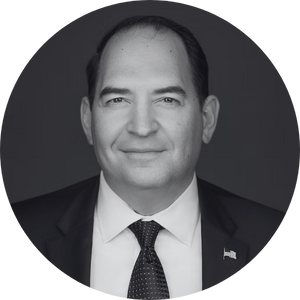
Lee Becker
Former Chief of Staff, Veterans Experience OfficeFormer VA
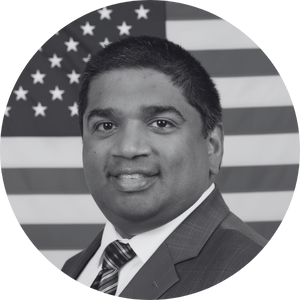
Benjamin Koshy
CISOIndian Health Service

Frank Konkel
Editor-in-ChiefNextGov/FCW
In this 15-minute spotlight, discover how Box Intelligent Content Management is enabling federal health agencies to transform mission-critical workflows with FedRAMP High-approved AI capabilities. With Box, agencies can:
- Query across vast healthcare research datasets with Box AI, accelerating knowledge discovery and collaboration.
- Deploy AI Agents to automate document-driven processes, from healthcare claims intake and triage to content routing.
- Extract and enrich metadata from research files, medical records, and claims submissions—simplifying indexing, compliance, and case resolution.
- Ensure every workflow runs on secure, compliant infrastructure, meeting the most stringent federal privacy and data security standards.
This session will highlight real-world use cases, including claims processing acceleration, metadata extraction for research archives, and intelligent content routing powered by AI Agents. Attendees will see how Box empowers federal healthcare agencies to modernize operations securely, responsively, and at scale.
In this 15-minute spotlight, discover how Box Intelligent Content Management is enabling federal health agencies to transform mission-critical workflows with FedRAMP High-approved AI capabilities. With Box, agencies can:
Read More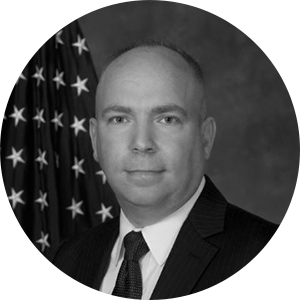
Jason Gray
Managing Director, Global Federal GovernmentBox
From reducing backlogs in claims processing to supporting clinical decision-making, artificial intelligence is beginning to reshape how federal health agencies deliver care and services. As organizations like the VA move from pilot projects to enterprise-wide adoption, leaders are grappling with challenges around data quality, transparency, and long-term oversight. This session will explore how agencies are implementing AI in ways that are both impactful and responsible, aligning new technologies with mission needs, ethical safeguards, and legacy system constraints. Speakers will share lessons learned from early deployments, where AI is making a measurable difference, and what it takes to scale automation effectively in complex healthcare environments.
From reducing backlogs in claims processing to supporting clinical decision-making, artificial intelligence is beginning to reshape how federal health agencies deliver care and services. As organizations like the VA move from pilot projects to enterprise-wide adoption, leaders are grappling with challenges around data quality, transparency, and long-term oversight. This session will explore how agencies are implementing AI in ways that are both impactful and responsible, aligning new technologies with mission needs, ethical safeguards, and legacy system constraints. Speakers will share lessons learned from early deployments, where AI is making a measurable difference, and what it takes to scale automation effectively in complex healthcare environments.

John Boerstler
GM of FederalGranicus
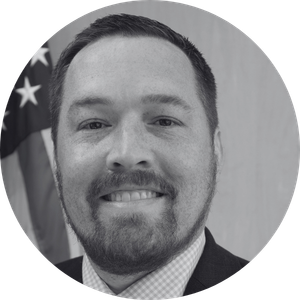
Nick Weber
Acting Director, Office of Scientific Computing ServicesNIH Center for Information Technology

Edward Graham
Managing EditorNextGov/FCW
In today’s rapidly evolving healthcare landscape, delivering high-quality care across diverse settings requires more than just innovation—it demands integration. This session explores how leading healthcare organizations are leveraging command centers, virtual care models, and strategic technology investments to unify operations and improve outcomes.
Attendees will gain insights into:
- Identifying high-impact technologies aligned with system-wide goals
- Navigating vendor selection to ensure measurable ROI
- Operating as a unified system post-merger or acquisition
- Supporting caregivers and patients through adaptive care models
In today’s rapidly evolving healthcare landscape, delivering high-quality care across diverse settings requires more than just innovation—it demands integration. This session explores how leading healthcare organizations are leveraging command centers, virtual care models, and strategic technology investments to unify operations and improve outcomes.
Read More
Dr. Jimit Jain
PrincipalHuron

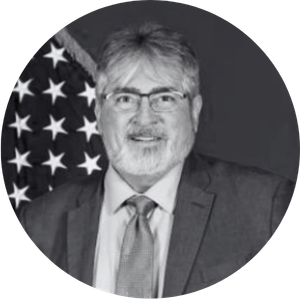
As federal healthcare agencies adopt cloud solutions and connected medical devices to advance patient care, the risks to sensitive health data continue to grow. Implementing strong cybersecurity frameworks and privacy protections is essential to safeguarding information while supporting modernization and mission continuity.
Join this session to hear from federal cybersecurity and health IT experts as they discuss strategies for advancing Zero Trust architectures, enhancing privacy compliance, and building resilient systems that protect patient data and uphold public trust in federal healthcare programs.
As federal healthcare agencies adopt cloud solutions and connected medical devices to advance patient care, the risks to sensitive health data continue to grow. Implementing strong cybersecurity frameworks and privacy protections is essential to safeguarding information while supporting modernization and mission continuity.
Read More
Montae Brockett
Deputy Chief Information Officer | Chief Information Security OfficerDC Department of Health Care Finance

Jeff Fox
Technical DirectorDHMSM (DOD Healthcare Management System Modernization)
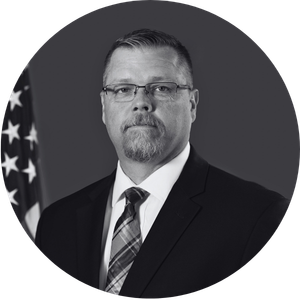
Christopher Wallace
Chief of CybersecurityPEO DHMS (Program Executive Office, Defense Healthcare Management Systems)

Iris Konstant
Editor & Social Lead, Branded ContentGovExec
As health IT systems grow more complex, federal agencies face increasing pressure to build and maintain a workforce capable of supporting modernization at scale. Talent shortages, aging skillsets, and recruitment challenges continue to slow progress and impact service delivery. This session will explore how agencies are reshaping workforce strategies to meet evolving mission needs. Leaders will discuss approaches to upskilling, organizational change, and talent management that go beyond traditional hiring to build resilient, adaptable teams. The conversation will focus on how workforce development ties directly to modernization outcomes and why investing in people is key to sustaining long-term progress in federal healthcare IT.
As health IT systems grow more complex, federal agencies face increasing pressure to build and maintain a workforce capable of supporting modernization at scale. Talent shortages, aging skillsets, and recruitment challenges continue to slow progress and impact service delivery. This session will explore how agencies are reshaping workforce strategies to meet evolving mission needs. Leaders will discuss approaches to upskilling, organizational change, and talent management that go beyond traditional hiring to build resilient, adaptable teams. The conversation will focus on how workforce development ties directly to modernization outcomes and why investing in people is key to sustaining long-term progress in federal healthcare IT.
Read More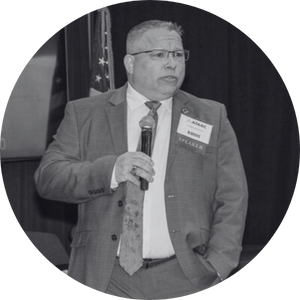
Timothy Amerson
Former CISODeferred Resignation Program

Anna Pettyjohn
Executive Vice President, Product & StrategyGovExec
HTML Content
LEARN MORE ABOUT sponsorship opportunities
